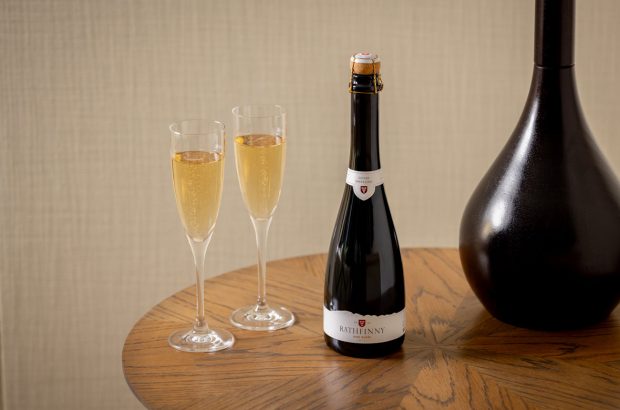Treasury Wine Estates (TWE) has bought most of drinks giant Diageo’s wine interests, including Beaulieu Vineyards, Sterling Vineyards and Blossom Hill, in a US$600m deal.
Treasury Wine Estates’ CEO, Michael Clarke, hailed the deal as a ‘game-changer’ for the company’s US wine brands, adding that it would ‘transform’ TWE’s presence in the fast-growing US luxury wine market.
The deal covers Diageo’s US-based Chateau and Estate Wines and UK-based Percy Fox businesses, and is expected to complete by the end of the year, subject to regulatory approval.
TWE, owner of Penfolds, Wolf Blass and Beringer, paid $552m for assets including Acacia, Provenance and Hewitt, plus $48m for the assumption of capitalised leases.
The deal signals a major strategic shift away from wine for Diageo, which is left with wine interests including Justerini & Brooks Wine Merchants, Navarro Correas in Argentina, the wine brands of Mey Içki in Turkey and USL in India, the Chalone brand and assets, and the Acacia vineyard and winery.
‘Diageo’s strategy is to drive stronger, sustained performance through focus on our core portfolio and today’s announcement is another element of that strategy in action,’ said Diageo chief executive Ivan Menezes. ‘Wine is no longer core to Diageo and this sale gives us greater focus.’
‘This acquisition will transform our US business into a larger player of scale in the attractive luxury and masstige segments of the high-growth US market,’ said Clarke.
‘The additional supply of luxury and masstige wine will be a game-changer for our US brands, providing us with an immediate opportunity to step-change our growth in the US, Canada, Asia and Latin America.’
The acquisition of Blossom Hill – the UK’s second biggest wine brand by volume and value – would give TWE ‘scale and critical mass’ in the UK’s commercial wine segment, he added.
TWE returned to profitability in the year to the end of June, following a two-year programme to destroy or discount excess wine stocks in the US, as well as the sale of a number of non-core assets.





